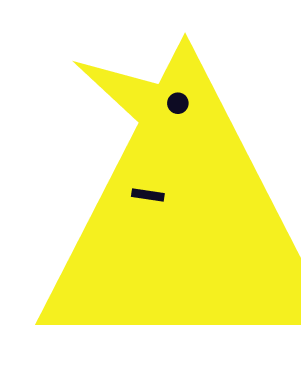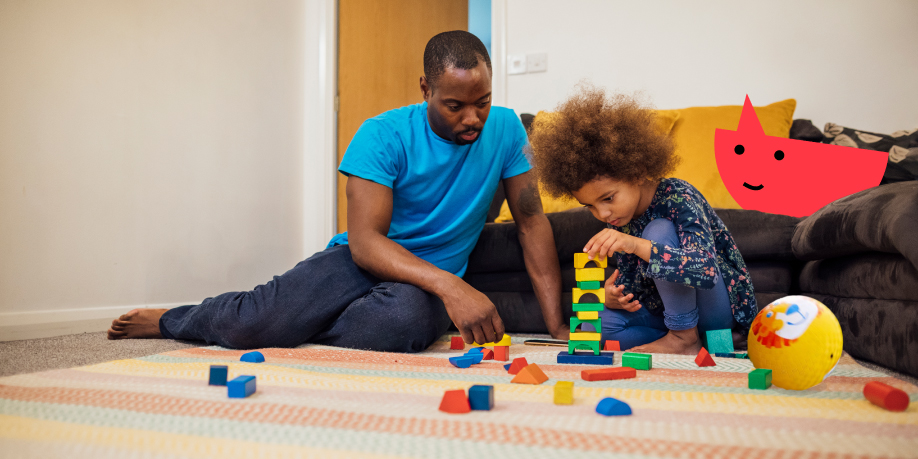18-24 months
This is a guide to how children typically learn to talk and understand words between 18 – 24 months.

Children develop skills at different rates but by two years, usually children will:
- Concentrate on their own activities for longer, such as playing with a toy they like.
- Sit and listen to simple stories with pictures.
- Understand at least 200 words.
- Understand more simple questions and instructions. For example, ‘where is your shoe?’ and ‘show me your nose’.
- Understand simple action words (for example, ‘kiss teddy’ or ‘dolly sleep’).
- Copy sounds and words a lot.
- Say 50 or more single words, even though many of these are not very clear yet.
- Start to put short sentences together with 2-3 words, such as ‘more juice’ or ‘bye nanny’.
- Ask questions like ‘what’s that?’ or ‘Where going?’
- Make the sounds of familiar animals eg: ‘moo’ for cow.
- Enjoy pretend play with their toys, such as feeding teddy.
- Try out new things and explore the world around them more actively. They will often choose their own activities and may not always like being told what to do.
- Use a more limited number of sounds in their words than adults – often these sounds are p, b, t, d, m, n and w. Children will still make mistakes with how they say words at this stage. Families can usually understand their child about half the time.
- Sometimes get frustrated if people don’t understand them.
Resource library for families

Things to look out for
Some children struggle with learning to talk and understand words. Possible signs to look at for at this age include:
- Your child is not able to follow simple instructions.
- Your child is not saying 25 recognisable words.
If you notice any of these things, talk to your health visitor or GP, or your child’s setting or childcare provider. You can also contact our free speech and language advice line, which is a confidential phone call with an experienced speech and language therapist. During the 30-minute call, you will be given the opportunity to talk through your concerns and questions regarding your child’s development. You can book your phone call here.
Further support
For tips on how you can support your child’s communication skills, have a look at some of our parent resources:

